The Israel-Gaza conflict has revealed a lot about the state of Scottish politics.
This is clearly the case in relation to Humza Yousaf.
For all the unspeakable sorrow – both in general and for the Yousaf family specifically – recent events have helped to reveal a human side to his character that has too often been missing in his early days as First Minister.
Yousaf is now the anxious son in law, the concerned husband, the worried father.

Gone is the bombast and bullishness that has so often accompanied his first months in office, replaced instead with compassion and humility. Forgotten is the incompetence and ineptitude that has so often defined his leadership, replaced instead with genuine thoughtfulness and consideration.
Few, for instance, can forget the image of Yousaf consoling members of Glasgow’s Jewish community in the days after Hamas’ attack, in what must rank as one of the most powerful images in the UK response to the conflict.
Nor can one do anything but feel an enormous anguish and empathy for the First Minister and his family, with his in-laws trapped in an ever more desperate war zone and facing an ever more uncertain future. Not many things unite Scottish politics these days, but concern for them – and sympathy with Yousaf himself – is surely one.
But the horrors of the contemporary Middle East also reveal a great deal about the shifting sands of Scottish politics. Yousaf has decided to comment on the conflict not just as a concerned individual, but also – as the SNP First Minister of Scotland – with a call for a ceasefire between the Israeli government and the terrorists of Hamas.
Such a call, whatever his personal views, reflects the direction of Scottish politics as much as what is happening in Gaza.
Firstly, it is important to state at the outset that war and peace are not devolved. Whatever the First Minister of Scotland thinks should or should not happen in the Middle East will not have any bearing on events on the ground. International relations can only be spectated by Scottish Government ministers, no matter how loudly they may shout.
‘No question ceasefire call is politically useful’
Indeed, when Benjamin Netanyahu is saying he will not take direction from the President of the United States, it is fair to suggest he is unlikely to take direction from the First Minister of Scotland either.
Secondly – and even if you believe the First Minister has a moral obligation to speak up though powerless to affect the outcome – it is important to note that is not his only motivation here.
Though he has clear personal reasons to support a ceasefire, there is also no question that – given the Labour Party’s divisions on the issue – it is also politically useful to him as SNP First Minister.
Consider, for instance, Yousaf’s demand for a ceasefire on Wednesday, when he called on Sir Keir Starmer to act.
Having been humbled by Labour in Rutherglen and Hamilton West, and having them snapping at his heels elsewhere, Yousaf thinks he has finally found an issue he can beat Labour on, and he is determined to do so.
None of this is an attempt to take a side in the Israel-Gaza conflict itself, or even pass judgement on Yousaf’s call for a ceasefire.
It is possible to both support a humanitarian pause in the conflict, while also recognising that, as First Minister, Yousaf is arguing for one at least in part for domestic political reasons.
Whatever else we have learned in the last few weeks, we now know that Yousaf is human, but still very much a politician.
Mistakes in books are every author’s worst nightmare.
It undermines the credibility of your work, leads to angry (or, worse, gloating) letters from readers and, ultimately, takes a second edition to correct.
Unfortunately, when you are dealing with 100,000 words, some errors – grammar, spelling or minor factual – are inevitable. What is a quite different issue is lifting from the works of others without crediting them, or – even worse – copying text verbatim.
This is, extraordinarily, what Shadow Chancellor Rachel Reeves has been accused of in the case of her new book.
An eagle-eyed reviewer of the Labour MP’s work on female economists found repeated instances of work seemingly copied from elsewhere, including the encyclopaedia website, Wikipedia.
Reeves will be devastated and has already tried to blame the “researcher” she hired to apparently. But such arguments – as well as being unattractive – are also weak.
Reeves’ name is on the book and, where she would have taken credit for the work of others, so she must take responsibility for it when it falls short.
As an author, she cannot blame others for her failings, no more than she can when – in all likelihood – she is soon Chancellor.
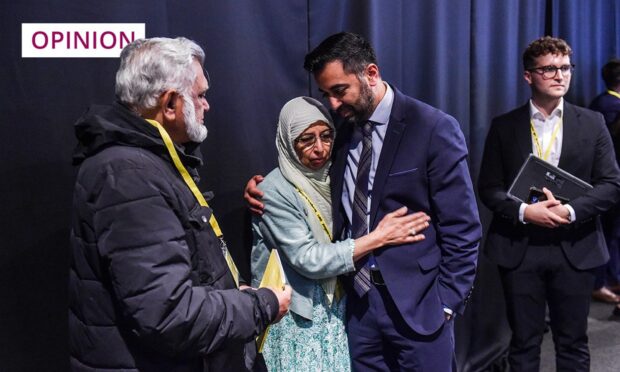



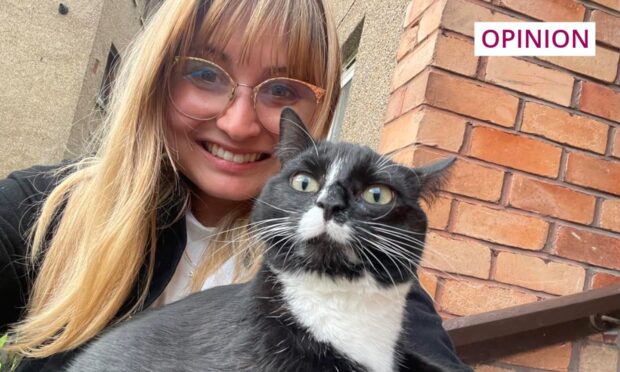


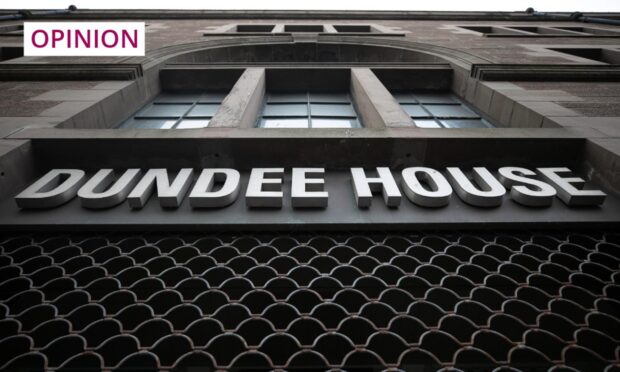

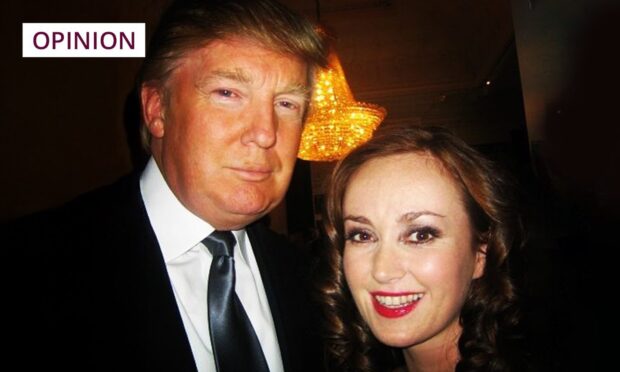
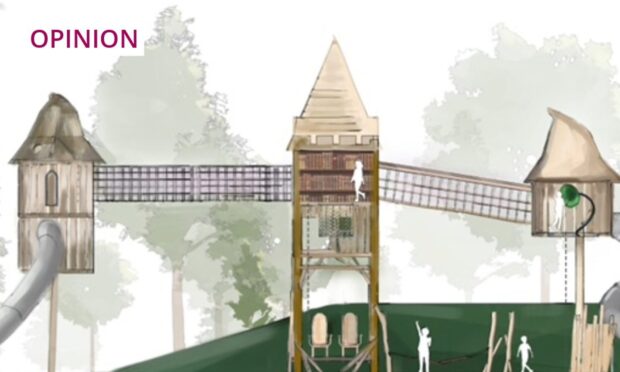
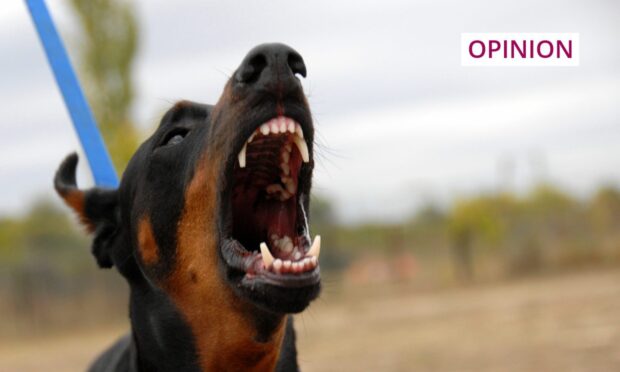
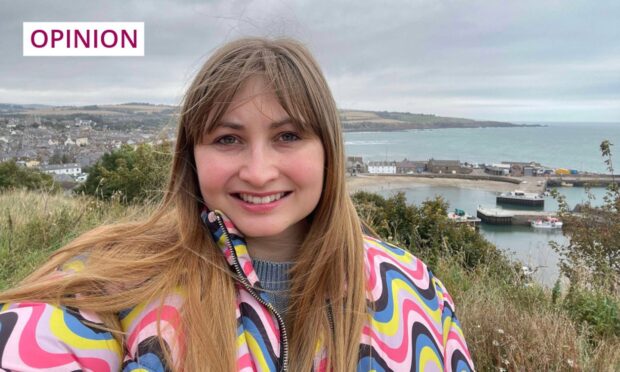
Conversation